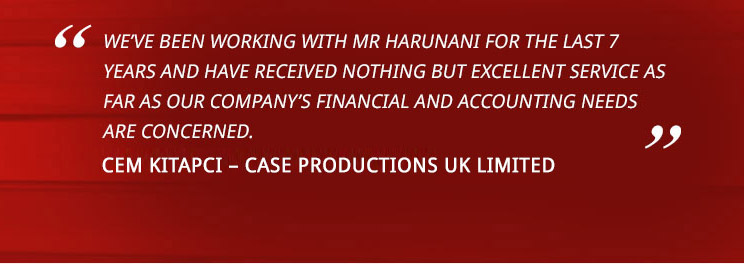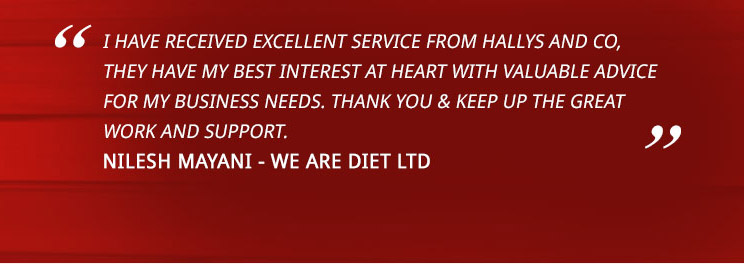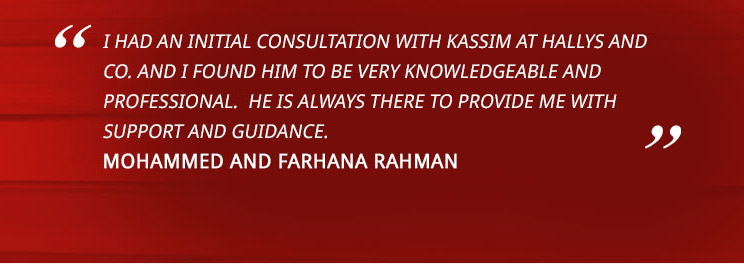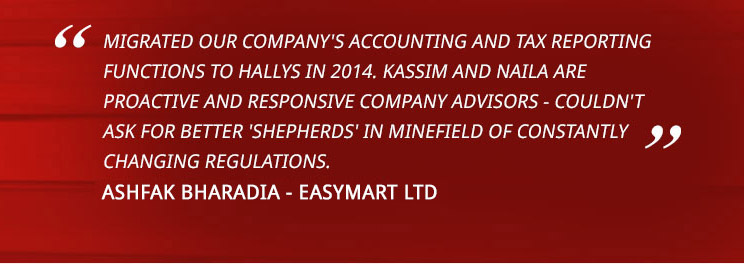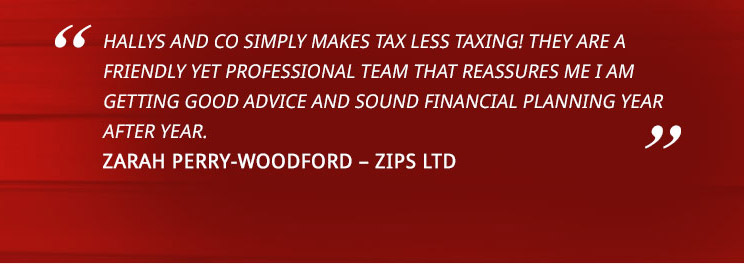Although HMRC refer to taxpayers as customers, and thereby suggest a degree of customer service, in the real world this rarely extends to offering “customers” pro-active tax advice.
Historically, tax collectors are trained to maximise the assessment and collection of tax. Consequently, tax payers should be wary, they should check the tax statements that are delivered in brown envelopes and make sure that they have taken advantage of reliefs and allowances available to them.
Take for instance the personal tax allowance. Not much to go wrong here you might think. For 2016-17 your personal tax allowance amounts to £11,000 and this amount will be deducted from your taxable income before any calculation of taxes due is made; or will it?
Three planning issues for 2016-17 come to mind:
- Will your total income be under £11,000? Consider Peter and Jane. They are married, Peter’s income is below £11,000 and Jane is a basic rate, not a higher rate taxpayer. Peter could transfer up to £1,100 of any unused personal allowance to Jane. This would save Jane £220. HMRC are aware of Peter and Jane’s earnings and yet they require the couple to make an election and claim the relief. Which is fine if Peter and Jane are aware of the relief. HMRC are apparently surprised that a large number of couples who could claim the relief do not.
- If you are in business, there is a very generous allowance you can claim if you buy qualifying commercial vehicles or equipment. Since 1 January 2016, you can deduct the full costs up to £200,000. If you are self-employed there is a danger that claims such as this Annual Investment Allowance (AIA) could reduce your taxable income below the £11,000 personal allowance threshold. If this occurs, any unused personal allowance is lost – it cannot be carried forwards and claimed in the next tax year. What you could do is restrict your claim for the AIA such that your taxable income equals £11,000 and your personal allowance would be fully utilised. Any balance of capital expenditure could be carried forward and used in future years.
- If your income exceeds £100,000 you will lose your entitlement to claim the personal allowance at the rate of £1 lost for every £2 your income exceeds £100,000. This means that when your income for 2016-17 exceeds £122,000 you can no longer claim the £11,000 deduction. Readers who have an interest in numbers will be interested to know that income is taxed at a marginal rate of 60% in this £100,000 to £122,000 band. Tax payers heading for this outcome can take steps to reduce their earnings below the £100,000 trigger point, but HMRC will not advise you on the steps you could take.
The UK has one of the most complex tax codes and many tax payers run the risk of paying too much tax just because they are not aware of the allowances and strategies they could employ to minimise their expose to taxation. We are not suggesting any form of avoidance activity, we are only suggesting that you claim your full entitlement to allowances and reliefs that are available to you. Of course, we would be delighted to be part of the process – call any time for a consultation.



